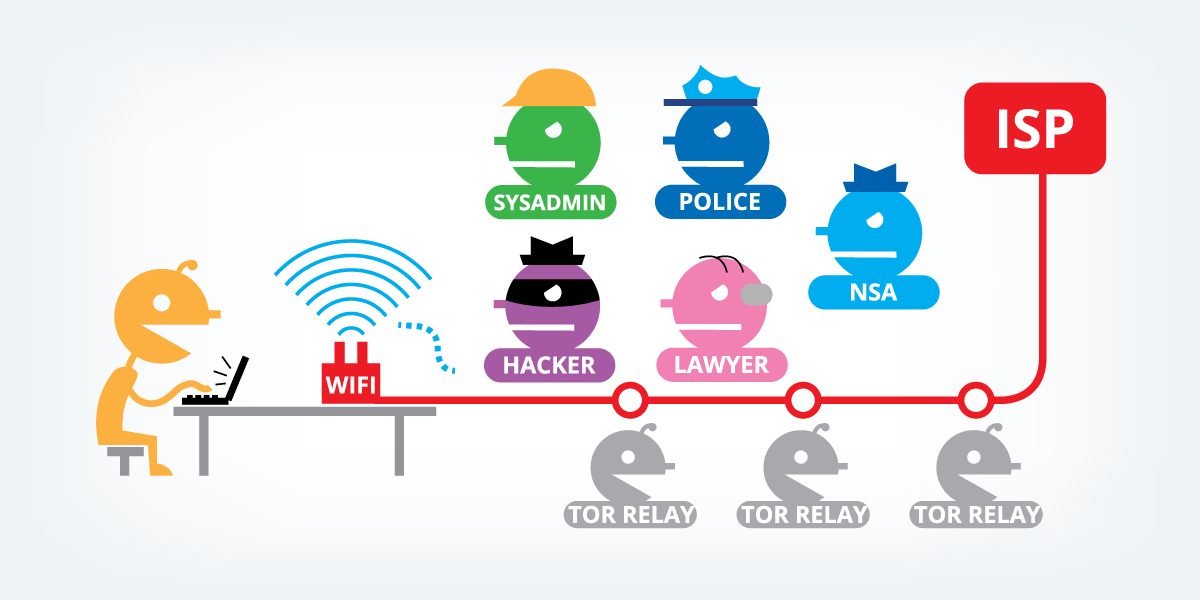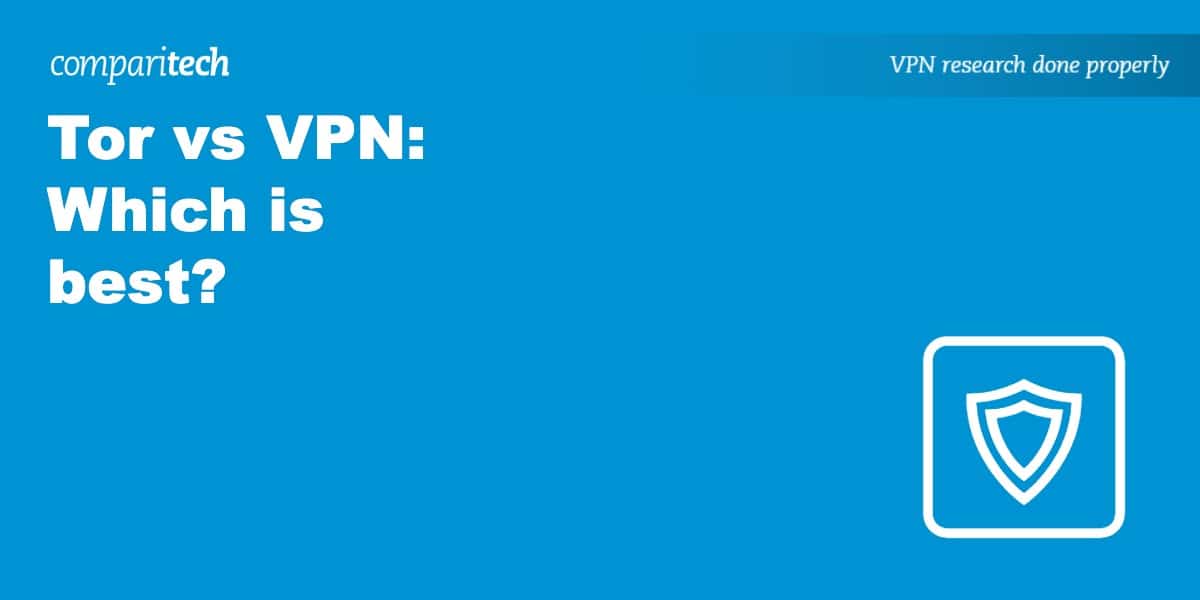Featured
Table of Contents
Tor Vpn Explained – Why, How And When To Use It
In practice, Tor Browser is complimentary, while VPNs are usually paid, which makes your choice easy? Today, I desire to give you a full contrast of Tor vs VPN and describe what they represent, their differences, use cases, and much more.
To begin this Tor vs VPN contrast, I first require to explain what these tools represent. Offering you a clear meaning of what they are and how they work will help you comprehend their distinctions, so pay close attention. Starting with Tor, this term is an abbreviation for "The Onion Router".
Nord, VPN It's vital to keep in mind that this is a tool for anonymity and not personal privacy I'll describe why quickly. When it comes to Tor nodes, they're held and kept by volunteers, so we're talking about a decentralized service, rather than a central service which holds true with a VPN.
The silver lining is privacy because nodes aren't operated by any particular companies, so you aren't running the risk of storing and logging your surfing activity by that business. On the other hand, the security of each node depends upon the individual that's preserving it. As such, a node can be compromised by a hacker, let's state, who will have the ability to trace your connection.
Tor Vs Vpn 2023 [Know Which One Is Best To Use]
The entry node is more important because, when linking to Tor, your ISP can see that you did that through the entry node. We'll talk about that later on in this Tor vs VPN post.

Its "The Onion Router" name comes from the reality that it peels the layers of file encryption similarly to the onion layers. Listed below, I described how Tor works and the procedure of securing and decrypting your demands.
When you link to the Tor network and you send out a demand, you get triple file encryption for each node. There's the entry node (frequently called the guard node), the middle node (or middle server), and the exit node. Tor sends your demand to the entry node, which gets rid of the first layer of encryption.
The entry node can't read the encrypted content of the request, so it still can't trace your activities inside the Tor network. The traffic is then sent to the middle node, which eliminates another layer of encryption and sends the encrypted traffic to the exit node. The exit node peels the last layer of encryption, which is why it can see the encrypted request but it can't determine who is sending it since it can't see your IP address.
Tor Vs Vpn: What Are The Differences? Which One Is Better?

If you're looking to remain anonymous online and you're thinking about utilizing Tor, I believe it's good to understand more about its benefits and disadvantages, so check them out listed below. The triple layer of file encryption ensures 100% anonymity when utilizing Tor Internet browser It's free and doesn't require any memberships It's a decentralized, open-source network with no monitoring and security Tor Web browser is capable of going on the dark web The entry node can read your IP address and make it noticeable to your ISP when utilizing Tor Slows down your internet speed significantly due to innovative encryption Nodes are operated by volunteers who might not do a terrific job at making sure they're protected You can't select an IP address from a specific country, so you can't bypass geo-blocks Tor Web browser doesn't work on all platforms Wondering what are the distinctions between Tor and VPN?
VPN services offer thousands of servers in different nations, so they allow you to connect to any of them quickly and get an IP from the nation you need. Each demand you send out is routed through a VPN tunnel where it is sent out to a VPN server which decrypts it and connects you to the site you want.
, for example, while Tor secures only the part of the connection sent through the Tor Web browser.

With a single layer of file encryption, the VPN actually goes through fewer steps to secure your connection which has a big benefit much faster speeds and much better performance. Let's talk about the pros and cons of VPNs and see what they do well and what are their shortcomings. They're extremely easy to use VPNs can be installed on every platform (Windows, i, OS, Linux, Android, mac, OS, routers,) You can select an IP address from a particular country, letting you bypass geo-restrictions There's a higher degree of responsibility due to the fact that you understand who owns the VPN servers VPNs are really fast and superior companies provide 10 Gbps servers Advanced security features like a kill switch, ad blocker, and Multi, Hop Total personal privacy, thanks to sophisticated encryption and the ability to hide your initial IP It's a paid service which can be an issue for budget-constricted users Some VPN services are known for saving logs (Hola VPN, Ninja, VPN, Betternet,) You must select a trustworthy VPN that has a no-logs policy given that you're handing over your privacy/anonymity to that company Now that you what Tor and VPN are, I feel the need to quickly summarize their differences just to make sure you comprehend whatever well.
Latest Posts
The Best Vpns To Protect Yourself Online
Smartphone Vpns: What You Need To Know
The 5 Best Vpn Services For The Bay Area